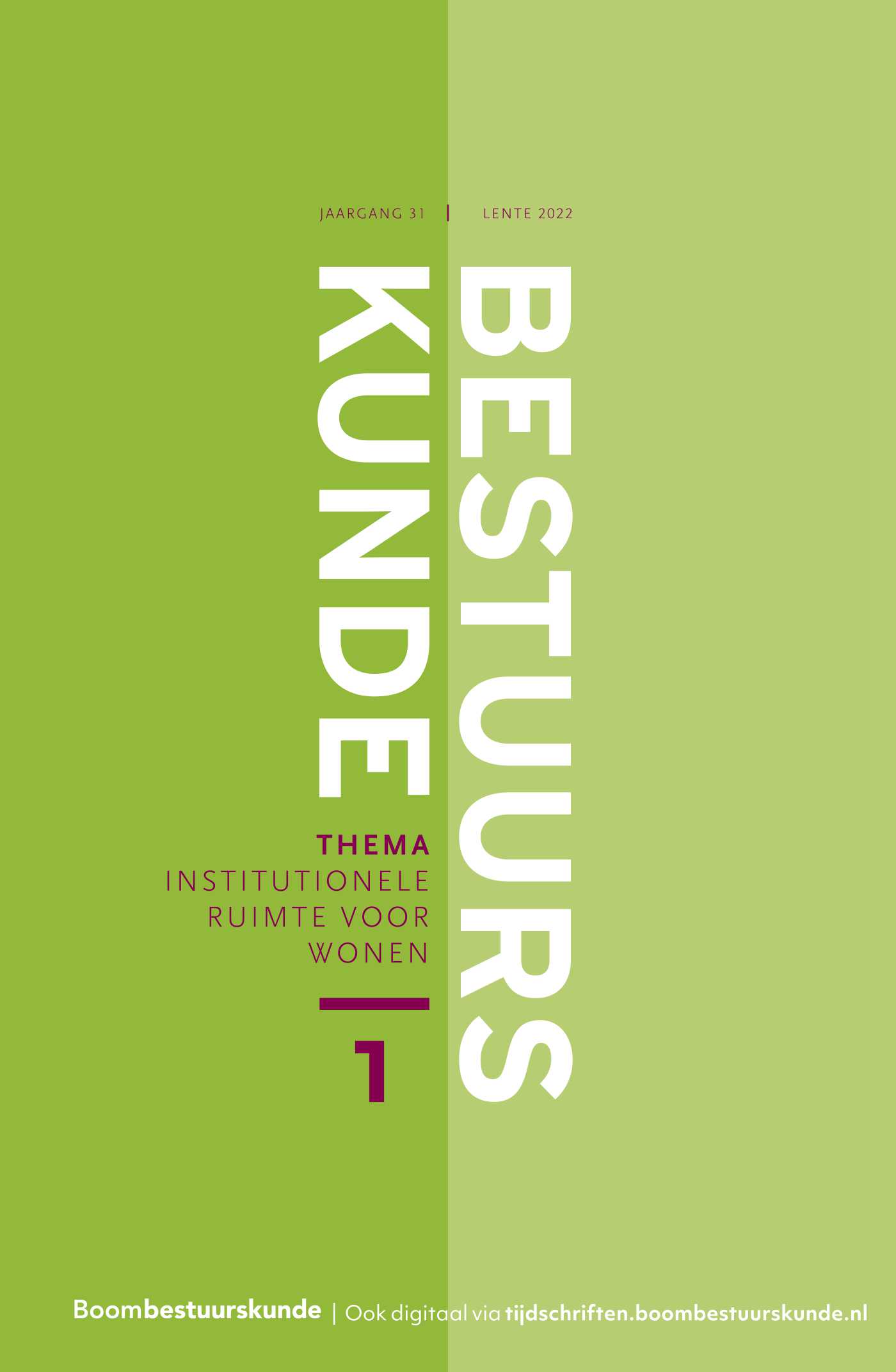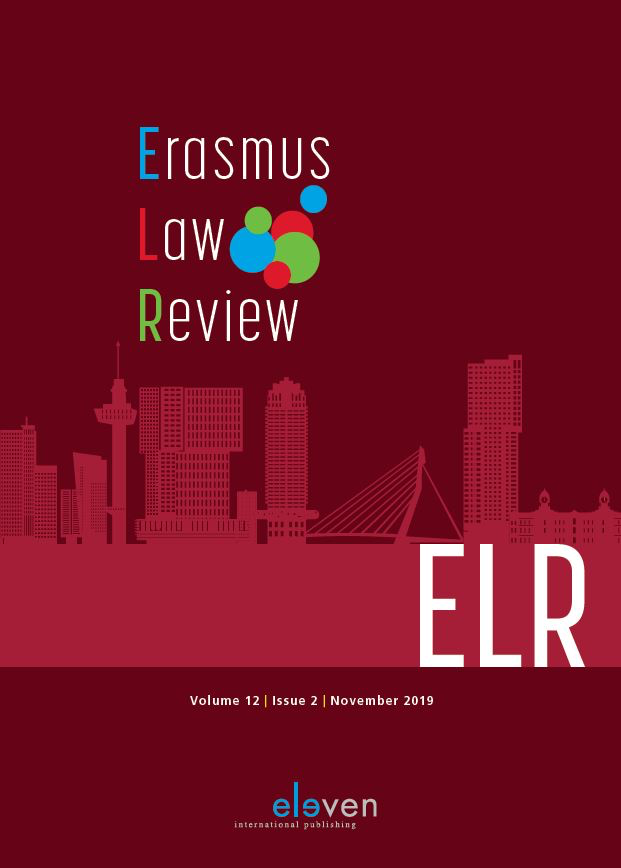This special issue of the Erasmus Law Review is dedicated to the legitimacy of tax policies and acts devised by international organizations.
A decade ago, countries were still unreceptive to any attempts by international organizations to interfere in their direct tax systems. States’ existence and, in turn, the size of their infrastructure in the broadest sense depend on their ability to levy tax on income. As a result, they attach great importance to their sovereignty in tax matters. In today’s liberalizing, globalizing and digitalizing world, however, states are losing grip on their ability to tax high net worth individuals (HNWIs) and multinationals. Persons, entities and capital are now more mobile than ever before, with the result that HNWIs and multinationals are able to exploit differences in national tax systems (in terms of who is subject to tax, the scope of the tax base and the level of the applicable tax rates) and can consequently reduce their effective tax burdens substantially. And they are being assisted in this respect by tax competition among countries competing for investments in an effort to maintain or even increase their national tax revenues. Since the financial and subsequent economic crisis, however, the major Western economies in particular have realized that the only way for countries to counter the eroding of their tax revenues is to join forces under the umbrella of an international organization. In doing so they are acknowledging that tax policies based on ‘every man for himself’ will in the long run simply lead to lower tax revenues. As a result, the G20, OECD, IMF, World Bank and EU are all increasingly making their presence felt in the field of taxation, with many of these organizations’ recent proposals prompting changes in countries’ national tax legislation. International organizations have also sought to oversee countries’ implementation of and compliance with these proposals. Given the far-reaching implications of these developments for countries’ sovereignty in tax matters, we may question whether the process by which these international organizations arrive at such proposals and their monitoring rules can be considered legitimate. As these developments are still relatively recent, they have so far attracted little attention from tax academics. And that is the gap that this special issue, comprising four contributions, aims to fill to a certain degree.
In the first contribution, Sissie Gonzalez-Fung discusses the package of policy reforms published by the OECD on behalf of the G20 in November 2015 and that are designed to curb base erosion and profit shifting (BEPS) by multinationals. In response to the questioning of the BEPS project’s legitimacy by tax academics, politicians and civil society groups, the author explores the validity of the ‘democratic deficits’ complaints lodged against the G20 and the OECD as global tax regulators in the BEPS project, as well as the norms reflected in the project itself.
In the second contribution, Leo Neve examines the legitimacy of the way in which the Global Forum on Transparency and Exchange of Information for Tax Purposes exercises its regulatory authority. He concludes that this authority is not being exercised legitimately as, by preventing jurisdictions from adhering to due process rules, the Global Forum is violating the rule of law.
In the third and fourth contributions, Sophia Murillo and Uyanga Berkel-Dorlig consider the legality of acts by the IMF and the World Bank in the field of tax, and the possible implications for these acts’ legitimacy. Both authors conclude that not only is there a deficit in the legal basis for such acts, but also a legitimacy deficit in the way these organizations arrive at such acts in the field of taxation. They both argue that change is needed if these acts are to attain greater legitimacy.
I wish you every enjoyment in reading this special issue.







